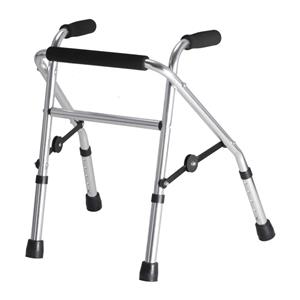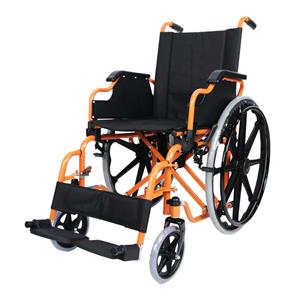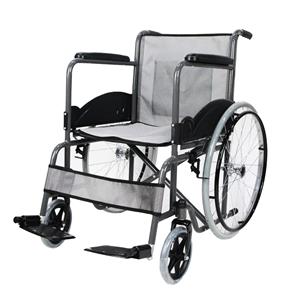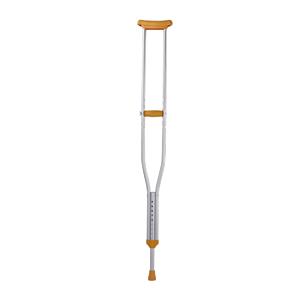A Comprehensive Look at Pediatric Wheelchairs and Their Impact on Children's Lives
The Evolution of Pediatric Wheelchair
Pediatric wheelchair has come a long way from their early days. Traditional wheel chairs, while functional for adults, were not always suitable for children due to their size, weight, and lack of adjustability. Recognizing this gap, manufacturers began to develop pediatric wheelchair that catered specifically to the needs of children. These wheel chairs are designed to accommodate the unique physical and developmental characteristics of pediatric users, including their smaller stature and the need for growth adjustments.
Lightweight Pediatric Wheelchair: A New Era of Mobility
Lightweight pediatric wheelchair has emerged as a popular choice for children who require mobility assistance but do not need the advanced features of a power wheel chair. These chairs are designed to be lightweight and easy to maneuver, making them ideal for children who are active and require a wheelchair that can keep up with their pace of life. The lightweight design also makes it easier for caregivers to transport the wheelchair and for children to self-propel, fostering a sense of independence.
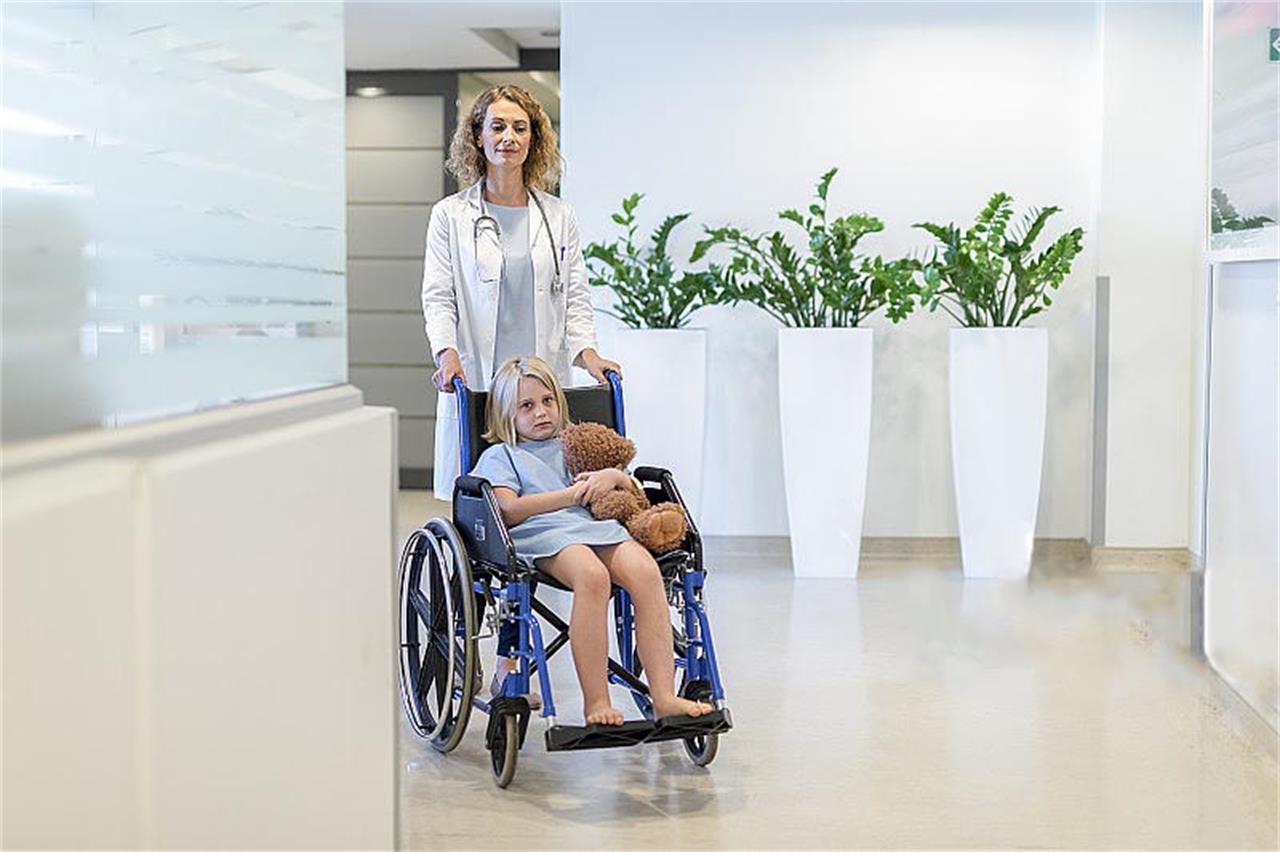
Pediatric Power Wheelchair: Empowering Independence
For children with more severe mobility limitations, pediatric power wheelchair offer a level of independence that was previously unattainable. These wheel chairs are equipped with electric motors that allow the user to control their movement with joysticks or other input devices. The introduction of pediatric power wheelchair has been a significant milestone in providing children with the ability to navigate their environment with ease and dignity.
The Importance of Pediatric Wheelchair Screening
Before a child can be prescribed a pediatric wheelchair, whether it be a lightweight model or a power wheelchair, they must undergo a pediatric powered wheelchair screening test. This test is crucial in determining the most suitable wheelchair for the child's specific needs. The screening process involves a comprehensive assessment of the child's physical, cognitive, and functional abilities, as well as their environment and lifestyle.
Assessment Criteria for Pediatric Wheelchair Screening
The pediatric powered wheelchair screening test takes into account several key factors to ensure the best possible match between the child and their wheelchair. These include:
1. Physical Assessment: Evaluating the child's muscle strength, range of motion, and posture to determine the level of support needed.
2. Cognitive and Functional Abilities: Assessing the child's ability to operate the wheelchair controls and their overall cognitive function.
3. Environmental Considerations: Considering the child's home, school, and community environments to ensure the wheelchair is suitable for these settings.
4. Lifestyle and Preferences: Taking into account the child's daily activities and personal preferences to ensure the wheelchair supports their lifestyle.
The Process of Pediatric Wheelchair Screening
The pediatric powered wheelchair screening test is typically conducted by a team of healthcare professionals, including pediatricians, occupational therapists, and wheelchair specialists. This multidisciplinary approach ensures a holistic evaluation of the child's needs. The process may involve:
1. Initial Consultation: Discussing the child's medical history and current mobility challenges with their family.
2. Physical Examination: Conducting a thorough physical assessment to identify any mobility limitations.
3. Functional Assessment: Observing the child's ability to perform daily tasks and interact with their environment.
4. Equipment Trials: Allowing the child to test drive various wheelchair models to determine which one best suits their needs.
5. Customization: Working with the child and their family to customize the chosen wheelchair for optimal comfort and functionality.
The Benefits of Pediatric Wheelchairs
Pediatric wheelchair, whether lightweight or powered, offer numerous benefits to children with mobility challenges:
1. Enhanced Mobility: Providing children with the ability to move around independently, which can significantly improve their quality of life.
2. Social Inclusion: Allowing children to participate in social activities and interact with their peers more easily.
3. Physical Health: Encouraging proper posture and reducing the risk of secondary health conditions associated with immobility.
4. Mental Well-being: Boosting self-esteem and confidence by giving children greater control over their environment.
5. Educational Opportunities: Enabling children to attend school and engage in learning activities without physical barriers.
Challenges and Considerations
Despite the many benefits, there are challenges associated with pediatric wheelchair. These include:
1. Cost: Pediatric wheelchair, especially power wheelchair, can be expensive, and not all insurance plans cover the full cost.
2. Maintenance: Regular maintenance is required to ensure the wheelchair remains in good working order, which can be time-consuming for families.
The Future of Pediatric Wheelchairs
The field of pediatric wheelchair is constantly evolving, with new technologies and designs being developed to meet the changing needs of children. Innovations such as smart wheel chairs with integrated communication systems, advanced seating systems for improved posture, and lightweight materials for easier transportation are on the horizon.
Conclusion
Pediatric wheelchair, including lightweight pediatric wheelchair and pediatric power wheelchair, play a crucial role in the lives of children with mobility challenges. The pediatric powered wheelchair screening test is a vital step in ensuring that each child receives a wheelchair that is tailored to their unique needs. As technology advances, we can expect to see even more innovative solutions that will further enhance the mobility and independence of children worldwide.

